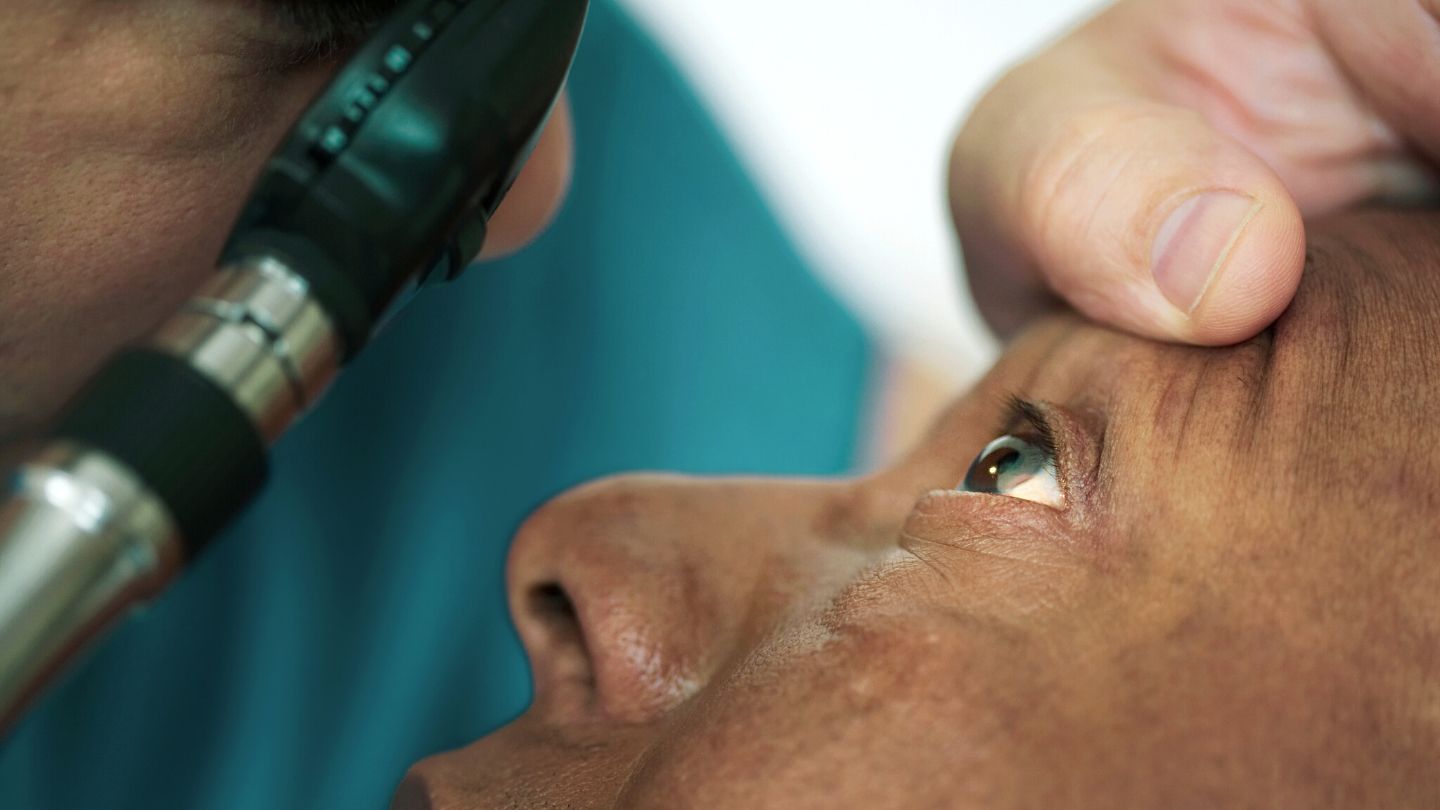
Diabetic eye disease is a serious complication of diabetes that can lead to vision loss if left untreated. Diabetic eye disease treatment often involves a combination of medication, laser therapy, and surgery to manage the condition and prevent further damage to the eyes.
However, the importance of regular follow-up and monitoring in diabetic eye disease treatment cannot be overstated. In this article, we will discuss the significance of regular follow-up and monitoring in diabetic eye disease treatment and how it can help prevent complications and preserve vision.
Early Detection and Intervention
Regular follow-up and monitoring play a crucial role in the early detection and intervention of diabetic eye disease.
By scheduling regular eye exams with an ophthalmologist or retinal specialist, patients with diabetes can have their eyes thoroughly examined for signs of diabetic retinopathy, diabetic macular edema, and other diabetic eye complications.
Early detection of these conditions allows for prompt intervention and treatment, which can help prevent further damage to the eyes and preserve vision.
Monitoring Disease Progression
Regular follow-up appointments are essential for monitoring the progression of diabetic eye disease and evaluating the effectiveness of the treatment plan.
Through regular eye exams and diagnostic tests such as optical coherence tomography (OCT) and fluorescein angiography, the ophthalmologist can assess the status of the patient’s eyes and determine if the current treatment is effectively managing the disease.
If the disease is progressing despite treatment, adjustments can be made to the treatment plan to better control the condition and prevent complications.
Optimizing Treatment
Regular follow-up and monitoring allow the ophthalmologist to optimize the diabetic eye disease treatment plan based on the individual patient’s response to treatment.
By closely monitoring the patient’s eyes and vision, the ophthalmologist can make informed decisions about the need for additional interventions such as laser therapy or intravitreal injections.
This proactive approach can help prevent complications and improve the long-term outcomes for patients with diabetic eye disease.
Preventing Vision Loss
One of the primary goals of regular follow-up and monitoring in diabetic eye disease treatment is to prevent vision loss. Diabetic retinopathy and other diabetic eye complications can cause irreversible vision loss if left untreated.
However, with regular monitoring and timely intervention, the progression of the disease can be slowed or halted, reducing the risk of vision loss and preserving the patient’s eyesight.
The Role of Patient Education
Regular follow-up and monitoring also provide an opportunity for patient education and counseling. During follow-up appointments, patients can receive valuable information about the importance of maintaining good blood sugar control, managing blood pressure and cholesterol levels, and adopting a healthy lifestyle to support their overall eye health.
Patients can also learn about the signs and symptoms of diabetic eye disease and the importance of promptly reporting any changes in their vision to their healthcare provider. Patient education and counseling can empower individuals with diabetes to take an active role in managing their eye health and preventing complications related to diabetic eye disease.
The Importance of Compliance
Regular follow-up and monitoring in diabetic eye disease treatment also emphasize the importance of compliance with the treatment plan.
Patients are encouraged to adhere to their prescribed medication regimen, attend scheduled follow-up appointments, and undergo recommended diagnostic tests and procedures as part of their ongoing eye care.
By staying compliant with the treatment plan and following the ophthalmologist’s recommendations, patients can optimize the effectiveness of their treatment and reduce the risk of disease progression and vision loss.
The Role of Multidisciplinary Care
In some cases, the management of diabetic eye disease may require a multidisciplinary approach involving collaboration between ophthalmologists, endocrinologists, primary care physicians, and other healthcare professionals.
Regular follow-up and monitoring provide an opportunity for healthcare providers to communicate and coordinate care to ensure that the patient’s overall health and diabetes management are aligned with their eye care needs.
This collaborative approach can help address any systemic factors that may impact the progression of diabetic eye disease and optimize the patient’s overall health outcomes.
Conclusion
Regular follow-up and monitoring are essential components of diabetic eye disease treatment. By staying engaged with their eye care provider and attending scheduled follow-up appointments, patients can benefit from early detection, optimized treatment, and proactive management of their diabetic eye disease.
This approach can help prevent complications, preserve vision, and improve the long-term outcomes for individuals with diabetes. It is important for patients to prioritize regular eye exams and follow their ophthalmologist’s recommendations to support their overall eye health and well-being.



